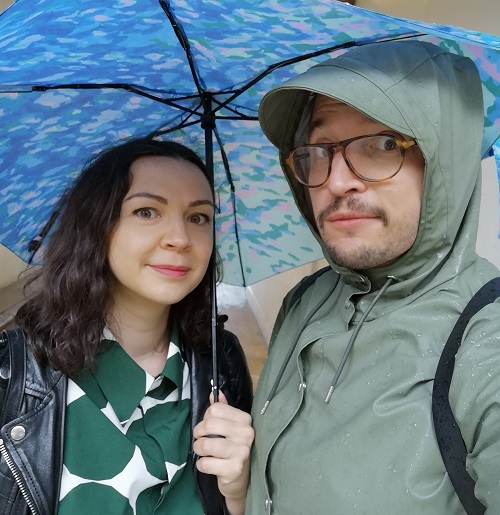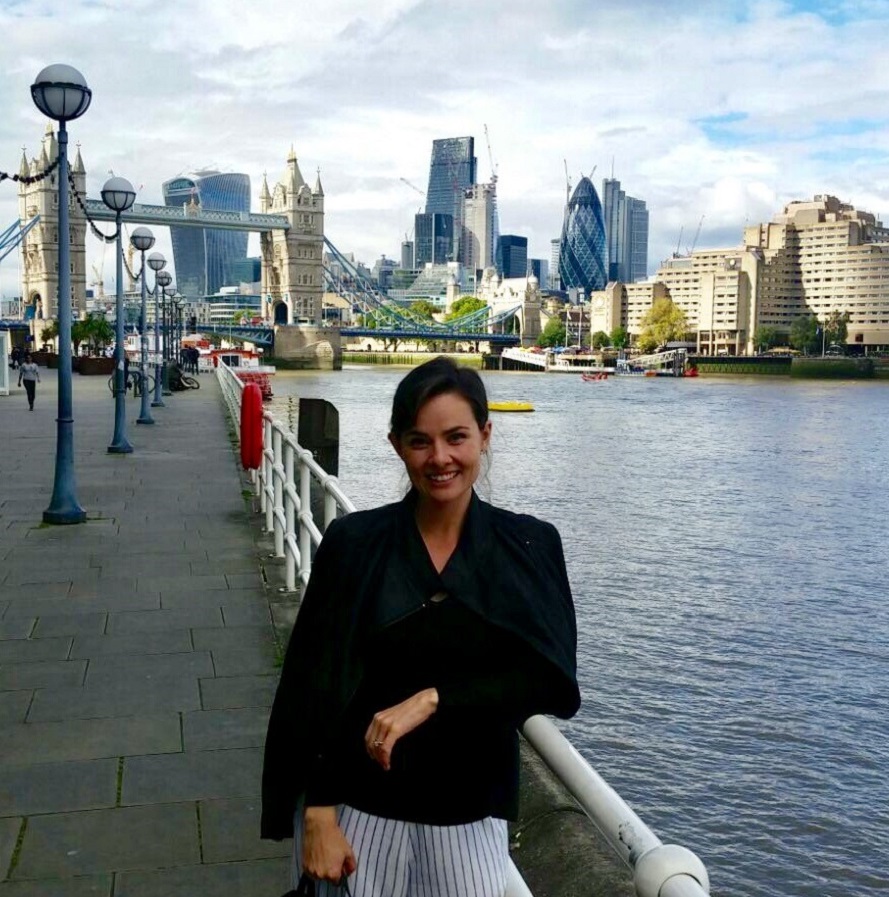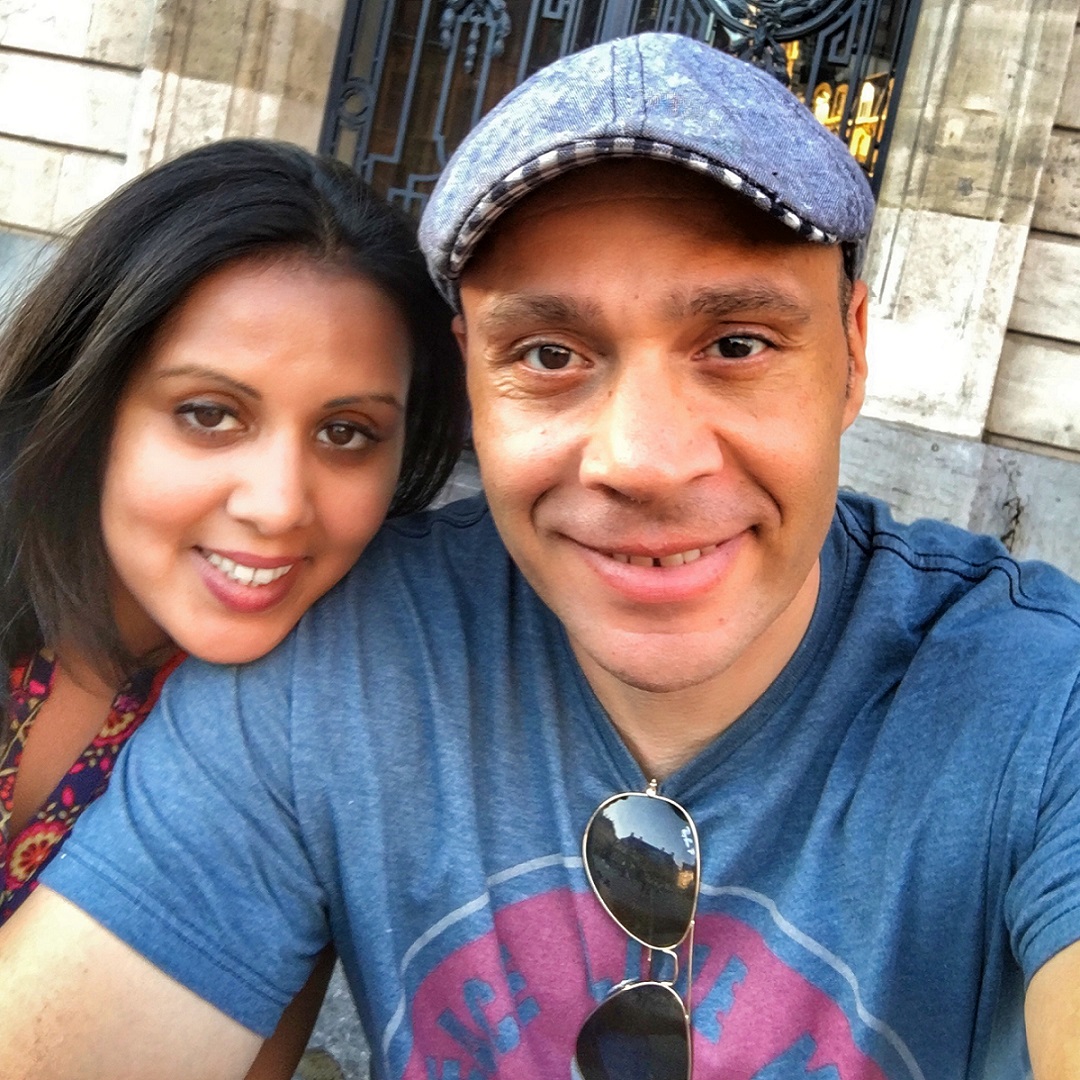When job searching in the UK, it can be challenging to decode what is really going on within the interview process because the British communication style can be experienced as indirect by some cultures. In addition to this, some interviewers are deliberately guarded with their communication and body language, and the added dimension of virtual interviews which continue to be popular can become even more of a challenge.
Despite your best efforts, you may be left wondering after the interview whether it went well, if they are still considering your application with others, or if they do not consider you are the right candidate for the role at all.
I will share some key phrases you may hear and what they actually translate to in more direct language. Then, we will explore clarifying techniques because when you are experiencing indirect communication, it is important to explore and see if you can gain a better picture of the situation to manage your expectations. Since you do not want to come across as too pushy or demanding, I will also share how to appropriately clarify information within an interview.
First of all, what you might hear in the interview when you ask for more details about the role:
The successful candidate would be expected to…
In this role, you are expected to…
If hired, you would work on…
When you start, your first priority would be…
Notice the answers on the left are impersonal and non-committal, as they are talking about the successful candidate in the third person, using the conditional ‘would’. This suggests a neutral, or perhaps even negative view, as they are not specifically referring to you in the role.
On the right-hand side, however, you can see that they are already envisaging you starting in the role, working on the projects (use of the present tense, and ‘when’ instead of ‘if’), as there is a strong positive message that you are likely to go through to the next round.
When you ask for details about the next steps in the interview process, you may hear this:
We’re still interviewing a lot of other candidates
in the next few days.
We’ll be in touch. We’ll get back to you soon.
The next stage would be….
We’re meeting with some additional candidates over the next couple of days, but we’ll contact you by early next week.
We look forward to meeting you again.
The next stage is an interview with the senior manager in two weeks’ time.
Unfortunately, the messages on the left are at best neutral, but at worst suggest that this has not been a successful interview for you. They are generic replies and hard to interpret, using avoidance and delaying techniques.
However, if they answer with specific details such as when they will reply to you, or they look forward to seeing you again, or what the next stage of the recruitment process involves (who you will meet, the style of interview, the timing), then this can give you more positive expectations.
What you might hear in the final stages of the interview:
I don’t want to take up too much of your time…
What is your notice period?
What are your salary expectations?
We are looking for somebody to start in November.
A good way to decode the interview and understand how well you have done, is what happens in the final part of the interview.
If you find the interview runs late, you notice the positive, engaged body language of the people interviewing you, and the interview turns into a more casual, informal conversation, then these are good indicators that it has gone well.
In addition, notice that specific questions about your notice period with your current employer, salary expectations and indications of their ideal start timings for the role, are also positive signals.
Although most job roles would have a salary range shared with the job description, detailed discussions about salary always come at the end of the recruitment process, just before they want to make you an offer. They are establishing what you are looking for and how this matches their salary budget.
Now let’s move onto clarifying: imagine you have heard more of the neutral or negative messages during the interview, but you are not sure. What can you do?
It is worth clarifying, using appropriate questions, so you come across as genuinely interested in the role, without sounding too demanding or pushy.
Here are some useful examples of clarifying questions that you can ask:
Could I check, who would I meet at the next stage?
Could you please confirm when you can come back to me about the next steps?
Do you think you will come back to me next week?
I wish you lots of luck and success in applying for jobs in the UK, and I hope these ideas on how to interpret communication during the interview process will help you feel more confident in clarifying your position. If you have any questions, please do contact me. I am always very happy to chat and answer your specific questions.
Victoria Rennoldson is a communication and culture coach working with international professionals and teams to be communicative and culturally confident, so they can build connections and relationships when relocating to the UK and working in global teams. She is the founder and CEO of Perfect Cuppa English, an expert speaker and writer on communication and culture, and a regular contributor to FOCUS.
You can find out about her training, follow or connect with her on LinkedIn: www.linkedin.com/in/ victoria-rennoldson.
This article is taken from the Sep-Dec issue of the FOCUS magazine









